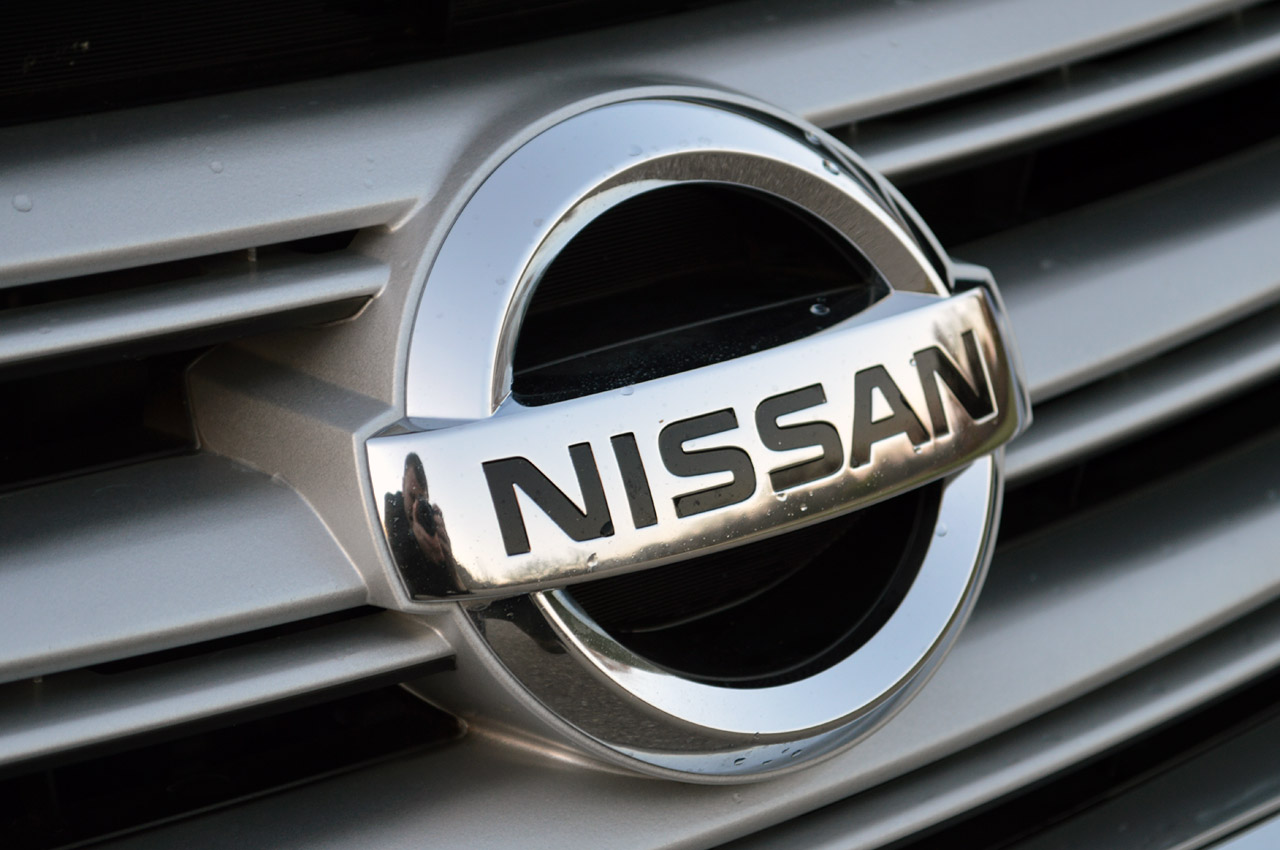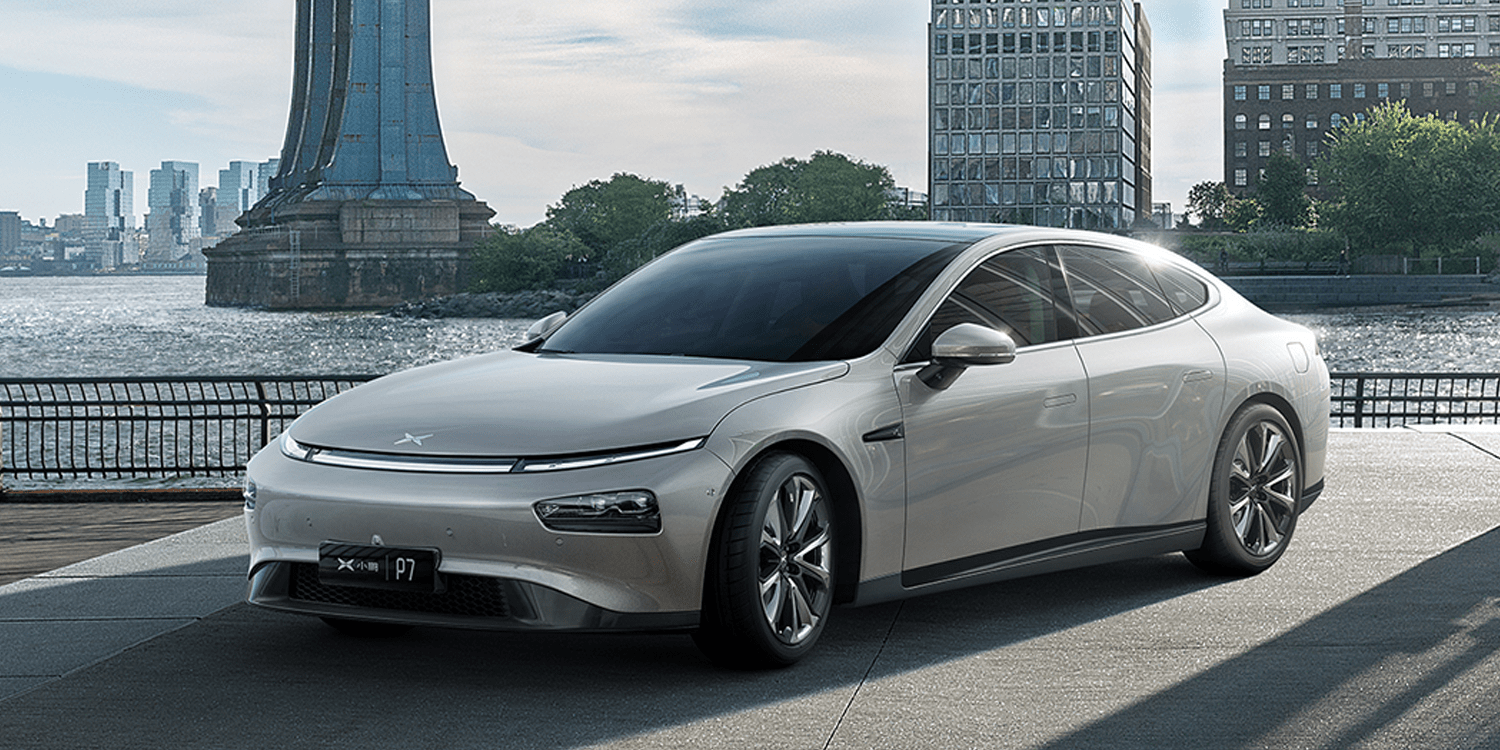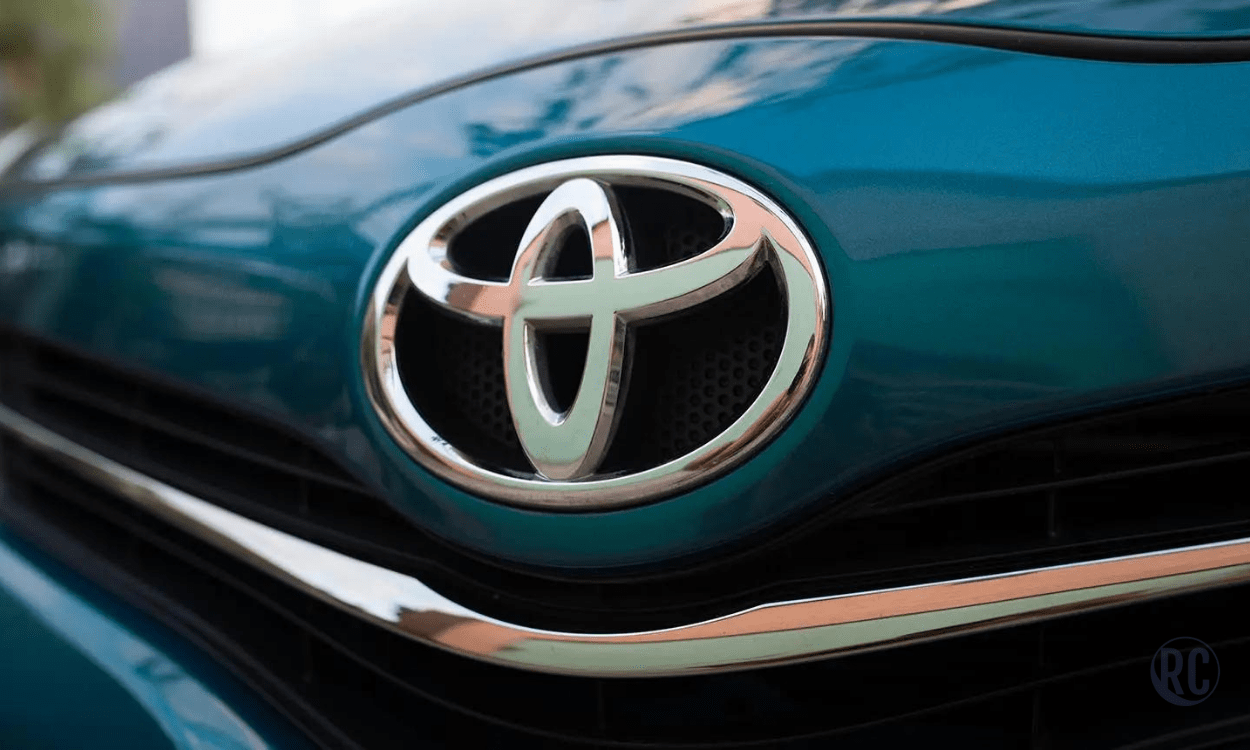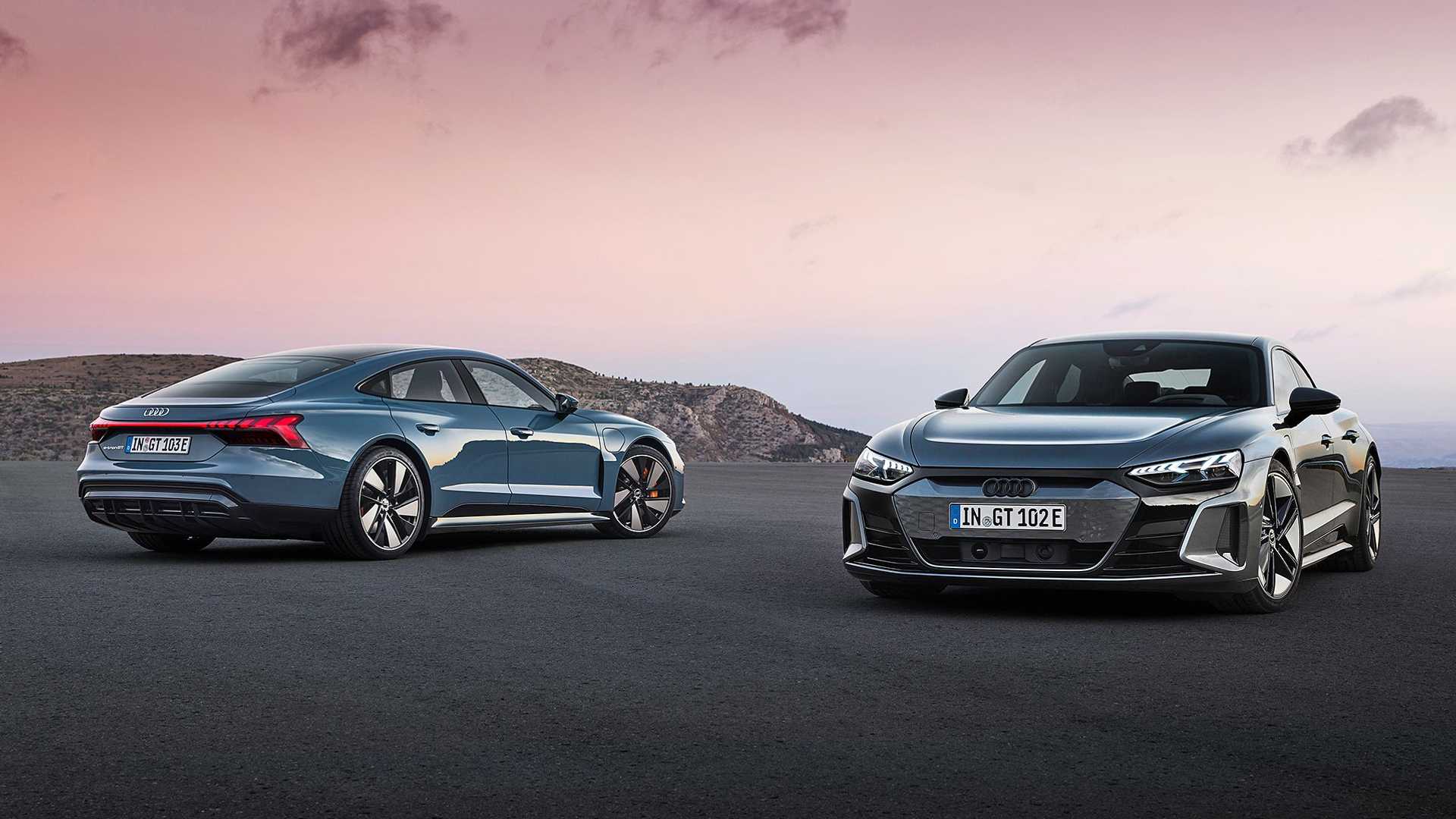Nissan Motor will end development of new cars using internal combustion engines in all of its major markets except the US and focus its resources on electric vehicles.
The decision makes Nissan the first major Japanese automaker to make such a breakthrough, according to a Nikkei study.
Nissan is said to have stopped developing gasoline engines for sale in Europe. Then limited development will continue on US market gasoline engines, particularly those used in pickup trucks.
See also: What we know so far about Alfa Romeo Tonale
The move, reports News On Japan, comes as policymakers around the world are tightening curbs on vehicle emissions to promote the switch to EVs.
In Europe, the new Euro 7 emission standard will come into force in 2025. Nissan has set this rule to increase the cost of developing internal combustion engines.
Nissan is also said to be stopping the development of gasoline engines for the Chinese and Japanese markets. However, it will continue to develop engines for hybrid vehicles.
See also: Everything You should know about Mine SPA1
Furthermore, as gasoline-fueled vehicles remain on the road, Nissan will be upgrading existing engine designs rather than developing new versions.
The factory producing the machines will also remain open, and there are no layoffs planned at this stage, said a person familiar with the company’s plans.
Nissan has so far spent about 500 billion yen (US$4.3 billion) a year on research and development, with most of that investment going to gasoline engines and cars. The funds will now be diverted to EVs and other new technologies.







